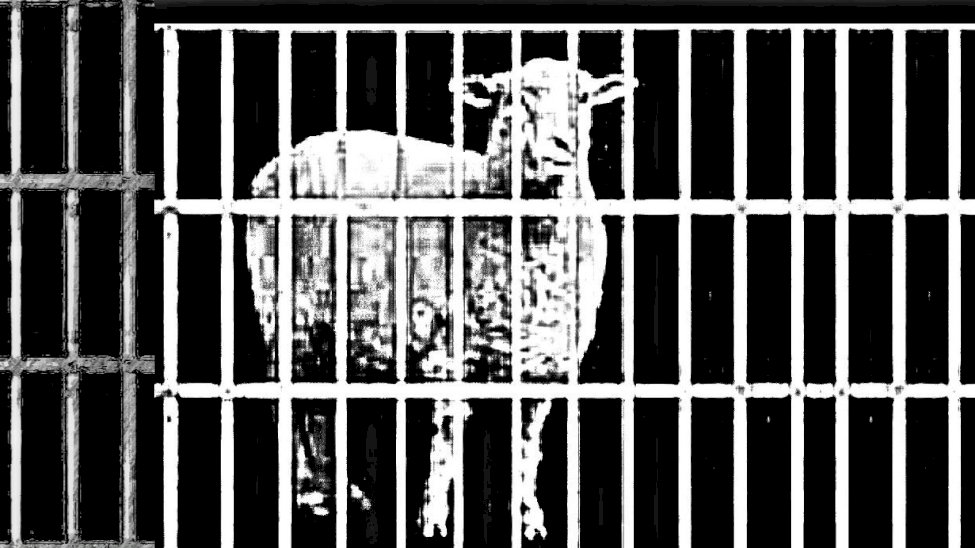
Ibn Sina’s experiment included in medical textbooks
An experiment carried out about 1000 years ago by Ibn Sina and proving the influence of a mental state on a physical one was included in medical textbooks, writes Professor Mehmet Ungan.
Ibn Sina, known in the West as Avicenna, was a true polymath. Although he became famous mainly as a physician, he made an outstanding contribution to a variety of sciences – from medicine, psychology and pharmacology to geology, physics, astronomy, chemistry and philosophy. His most important contribution to medicine was his famous book Al-Qanun fi-t-tibb ( Canon of Medicine). Reflecting on medical practice, Ibn Sina is probably the greatest contributor to the philosophy of medicine. He created a system that we would call holistic today. It used a combination of physical and psychological factors with medications and diet to treat patients.
Ibn Sina was distinguished from the doctors of that era by the fact that he paid great attention to experiments and research. For one of his experiments, Ibn Sina took two lambs, which he planted in different cages. The animals were of the same weight and physical condition. They were also fed the same food. The only difference in their content was that one of the cages was placed so that the lamb could see the cage next to the wolf. Each lamb was monitored daily. After 3 months, a serious difference was determined between the animals. The lamb who could see the wolf was restless, thin and frail, and then he died altogether. Although the predator did not physically interact with the lamb, its mere presence led to its deterioration due to the stress and fear it experienced.

Source: woncaeurope.org
In this experiment, Ibn Sina proved the influence of mental state on physical well-being, as well as the positive and negative effects of this on health .
These findings are more than relevant today, when unnecessary anxiety, fear and stress are widespread due to the Covid-19 epidemic. Nothing beats the damage they cause to health. Sometimes, for a limited time, anxiety may be necessary to help take precautions, but information pollution during a pandemic creates unnecessary anxiety and fear, causing them to become harmful in their own right.
Avoiding anxiety and panic attacks is better for yourself, your loved ones, and public health. Health literacy must be a priority for authorities to keep prepared and implement plans to tackle the pandemic, and to maintain the biopsychosocial health of the entire population.
Islamosphere

